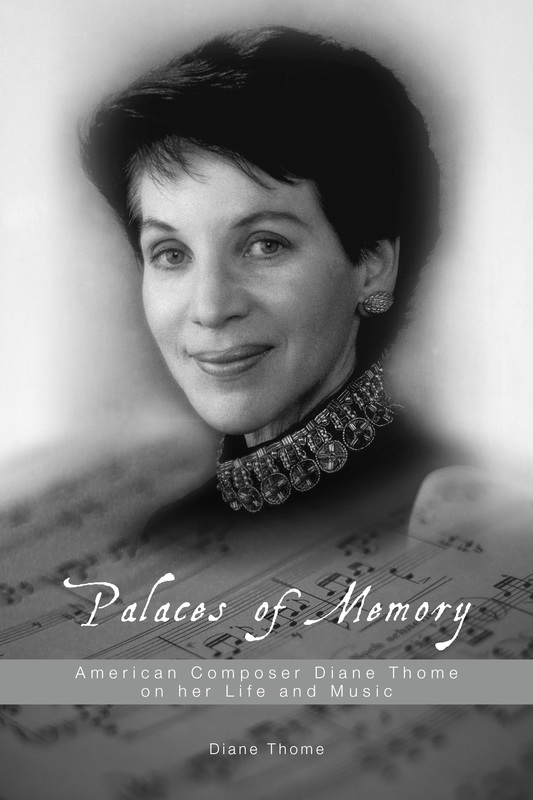Welcome to the official website of Diane Thome
|
Diane was the first woman to graduate from Princeton University with a PhD in Music and the first woman to compose computer-synthesized music. A word from Diane...At a certain time in one’s life, it seems fitting and appropriate to take a larger and longer view of the significant changes and events that have characterized that life. This process also encourages a certain objectivity and detachment not always possible at a younger age. Perhaps an additional goal is to integrate one’s experience, metaphorically painting it on a larger canvas. All these elements are the motivations that led me to undertake the writing of a memoir at this time in my life. |
Website created by FriesenPress.

